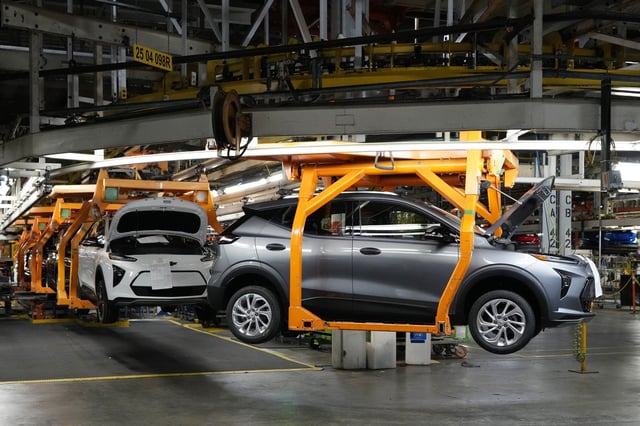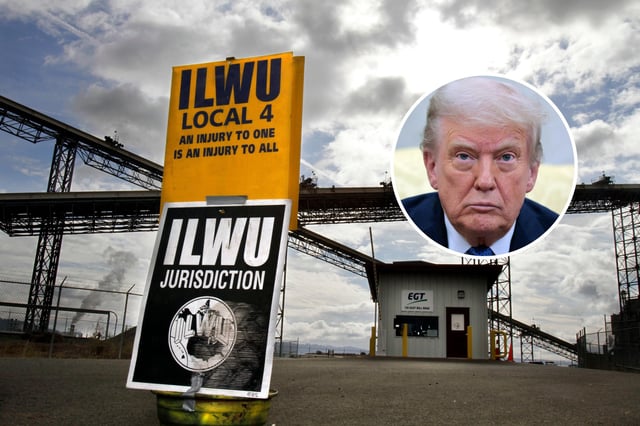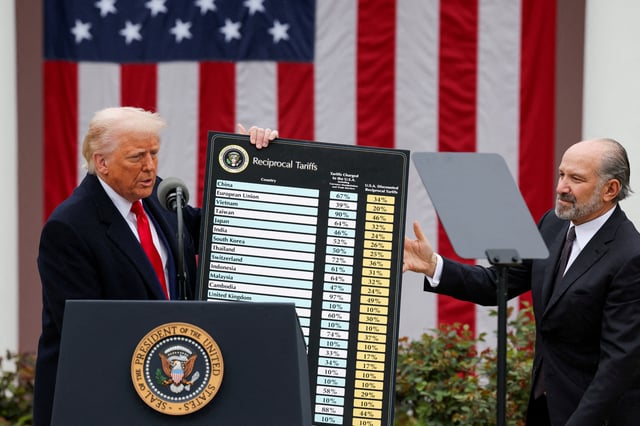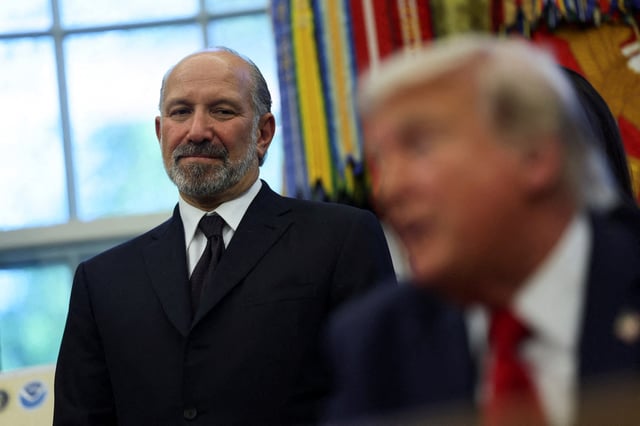Overview
- President Trump signed an executive order on April 29 to modify the 25% tariffs on imported vehicles and auto parts, preventing overlapping levies such as those on steel and aluminum.
- Automakers will receive phased reimbursements on tariffs for imported parts, starting at 3.75% of a vehicle's value in the first year and decreasing to 2.5% in the second year, before being phased out entirely.
- The changes are aimed at encouraging domestic manufacturing and giving automakers time to relocate supply chains to the United States.
- Auto industry leaders, including General Motors and Ford, welcomed the relief measures, citing reduced financial strain and the potential for increased U.S. investments.
- Despite the adjustments, analysts warn that the tariffs will still raise vehicle prices and could strain global supply chains, impacting consumers and manufacturers alike.



